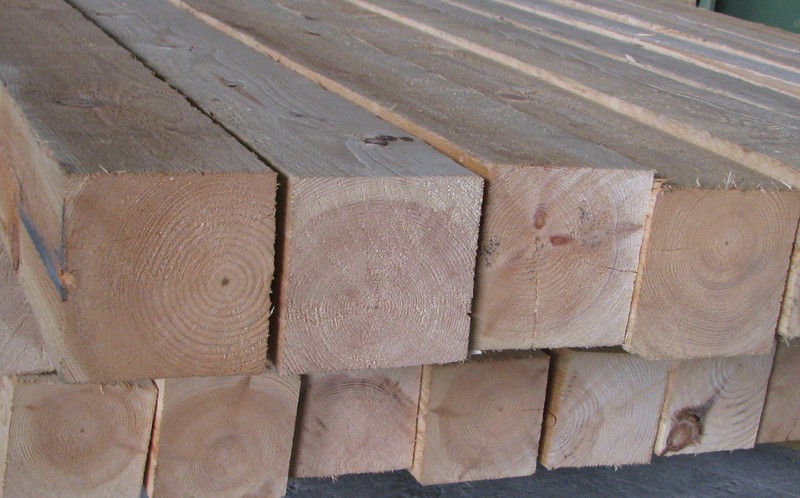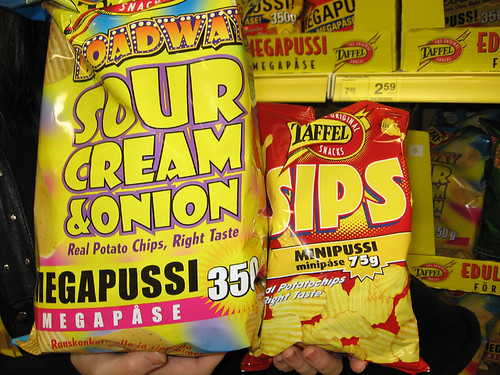The main Finnish newspaper,
Helsingin Sanomat publishes a controversial comic,
Fingerpori. It is an awesome piece of culture, and offensive on multiple levels, but sadly, most jokes are based on wordplay, so I cannot share the joy with my non-Finnish-speaking friends.
But today they have a joke which works both in Finnish and in German:
http://www.hs.fi/fingerpori/s1305691321689
Wittgenstein am Imbiss:
"Was darf es sein?"
"Die Frage ist sinnlos."
In English it doesn't work:
Wittgenstein at a hotdog stand:
"What is allowed to be?" "What is allowed to be it?" (This is a slightly old-fashioned (at least in Finnish) way to ask what the customer would like to have.)
"The question makes no sense."






